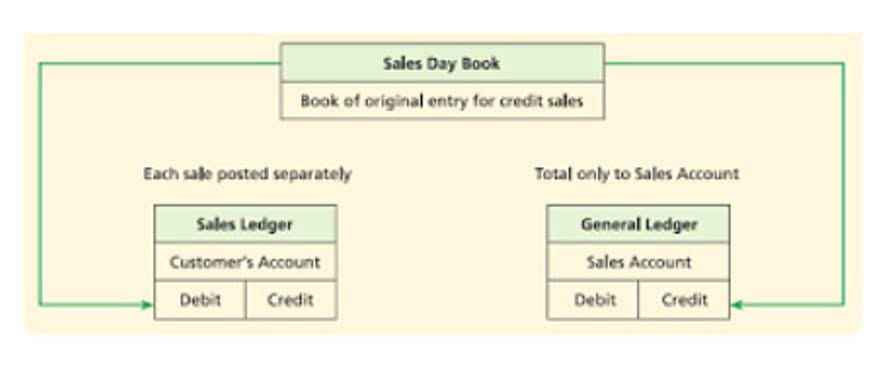
You’ve already learned how to understand your financial statements in our article here. Using veterinary medicine’s best-practice accounting system opens up a world of data for you to leverage. Learn how easily you can make the switch, and why it matters to your business. First, Shelly should develop a proposal stating why she believes the budget could make a change for the practice and why it is worth her time to develop one.
- It is our commitment to provide quality veterinary care throughout the life of your pet.
- An accounts payable ledger will help monitor expenses on a monthly basis (Figure 20-3).
- With parasiticides, you can split prescription heartworm, flea and tick products into multiple categories or just one.
- The best place to start is to compare revenue by category (vaccines, surgery, pharmacy, etc.) with each area’s product costs.
- Not having appropriate cash flow can result in a deficit in your operating expenses, and the business may not be able to recover from this state.
Why is specialized accounting important for veterinary practices?
- She has never created a budget, as the owners of the practice (in business for 20 years) have never needed one.
- If you are a veterinarian looking for a boutique CPA Firm that specializes in veterinary accounting, submit your information below and we will do everything possible to match your search with a member firm.
- However, a small or even negative cash balance with large distributions could be an indicator that you have taken too much cash from the business.
- Payroll and payroll taxes are a large portion of expenses and must be monitored closely.
- Practice valuations, profit improvement, tax minimization and cash flow analysis; guidance from a seasoned professional advisor to help you understand and manage this momentous transaction.
Choose to meet us at one of our Wisconsin locations or take advantage of our remote services. Either way, we look forward to designing custom accounting solutions to help you make the most out of your business. Our services are 100% virtual and available to veterinary clinics nationwide. We’d love to use our technical expertise and passion for serving small businesses to deliver the highest value for your veterinary practice. Learn more about our unique approach to bookkeeping, or contact us to start a conversation. Our services are available online, giving you the flexibility you need from your financial professional.
Profit fuels innovation
Clients maintain the business; therefore it is imperative to make sure they are satisfied and perceive the value of the service provided. If clients are unsatisfied, practices want to be notified and given the opportunity to address the problem. Hospitals do not want to lose clients or have negative comments made about them throughout the community. It is very important to strive for a high level of satisfaction from every client.

Veterinary Services
Years of veterinary school and practice have made you a master at taking care of your non-human patients, but taking care of veterinary bookkeeping is a whole different animal. Failing to keep up with accurate accounting makes tax time a nightmare and can cripple your business growth. We use key financial data to help veterinarians, equine businesses, and others in the animal care industry scale quickly. Traditionally, the accounting methods of individual veterinary practices are as diverse as the owners themselves. Through this partnership’, AAHA’s previously members-only Chart of Accounts was revised and expanded.


The cash available for reinvestment is very important to managers who are planning to purchase capital equipment. Practices may wish to purchase equipment through financing if cash is not available for reinvestment. Purchasing equipment outright is a better option because the interest that practices pay can accumulate to high bookkeeping for veterinarians amounts. Interest could be considered profit or cash for reinvestment with proper planning and budgeting. Keeping expenses as low as possible is vital to the success of any business. Although you cannot do away with buying costly veterinary equipment, you can significantly reduce costs by employing an astute bookkeeper.
These four accounting tips can prevent future financial losses for your veterinary practice. The average net profit for a veterinary practice is estimated to be around 10% to 15% for small animal hospitals and 15% to 25% for emergency and specialty practices. Regulatory changes and industry challenges inevitably impact the veterinary profession. From FDA guidance impacting the documentation and availability of compounded medications to anticipated workforce shortages, veterinary practices must navigate a constantly shifting landscape in the realm of veterinary medicine. From streamlining workflows and automating tasks to enhancing data security and regulation compliance, technology plays a pivotal role in the financial management of a veterinary practice.
What is one of the largest expenses for veterinary practice?
Previous years’ financial statements can be looked at to help create a budget. The initial setup will be time consuming; however, once data have been meticulously added, creating and maintaining budgets in the future will be simple and worthwhile. A profit and loss statement (P&L) summarizes the revenues, costs and expenses incurred during a set time. These reports are helpful for diagnosing financial strengths and weaknesses. Giersch Group can help you understand this data to improve your bottom line. While “profit” refers to the excess cash that remains after all of the practice’s expenses have been met, “cash flow” is the flow of money in and out of your veterinary practice.
Full Service Accounting and Bookkeeping for Veterinarians and Veterinary Clinics
Work with Dedicated Veterinary Practice Advisors
- Another veterinary practice experienced a significant turnaround by restructuring their debt and optimizing their tax strategy with the help of a specialized veterinary CPA.
- Taxes must be paid on a monthly and/or quarterly basis, depending on what type of tax is due.
- A payroll budget should be created, allowing raises when needed with flexibility to add additional team members if needed (Figure 20-8).
- The results allow practice owners and managers to make apples-to-apples comparisons against industry benchmarks and other veterinary hospitals.
- Request a quote now and grow your business and wealth smartly and effectively.
- We firmly believe our clients get the most value when we have regular conversations throughout the year, not just in tax season.
